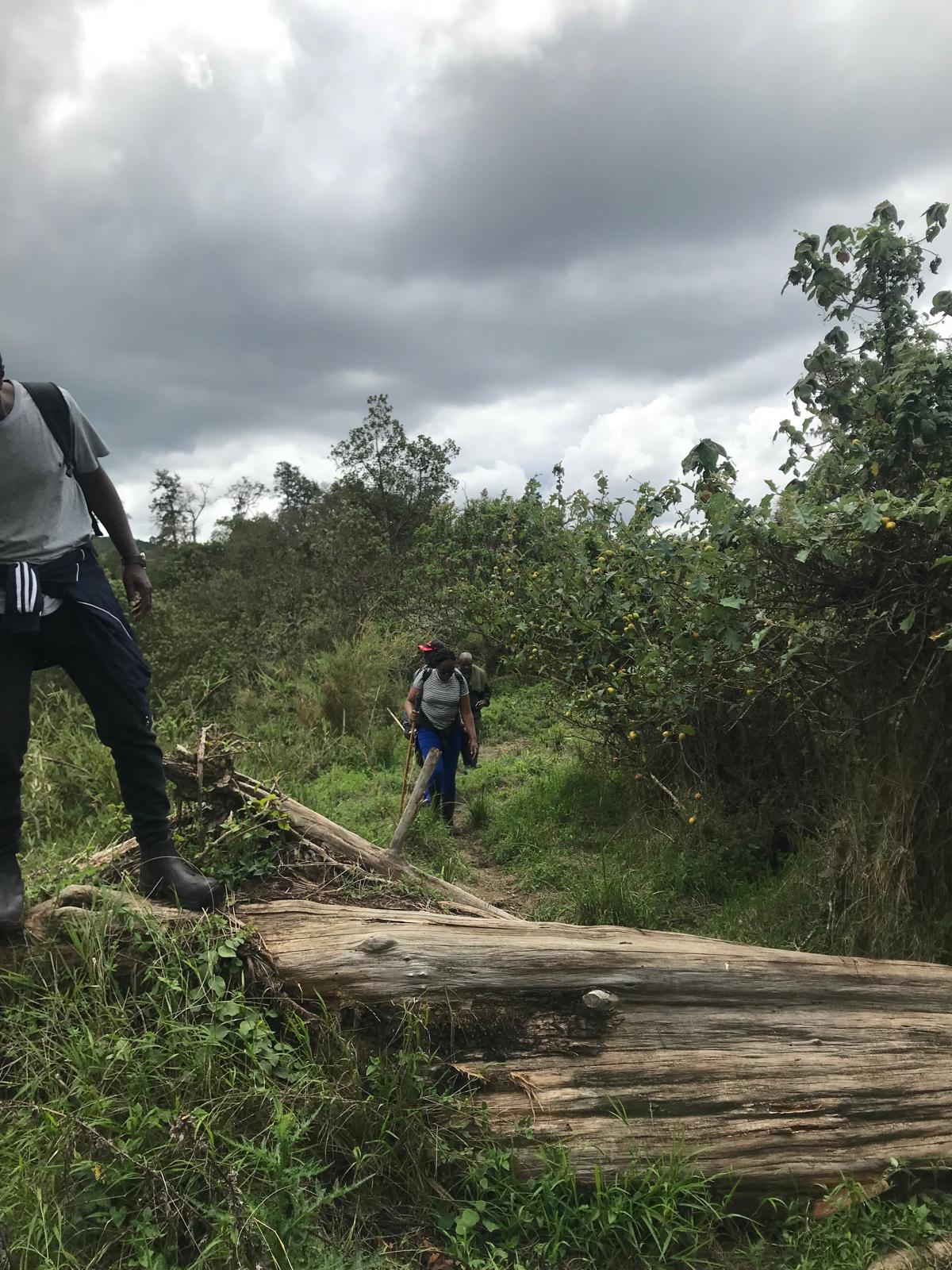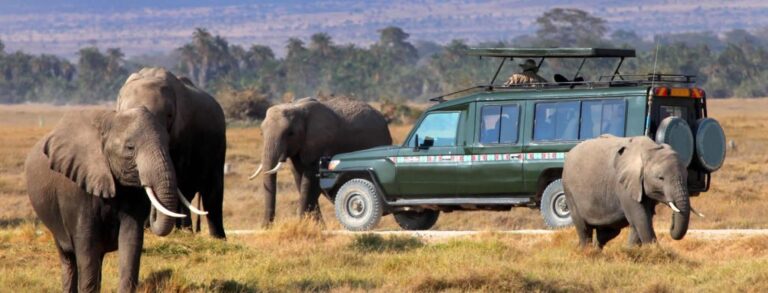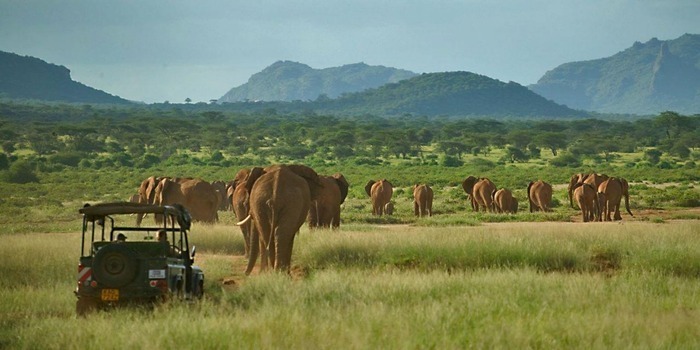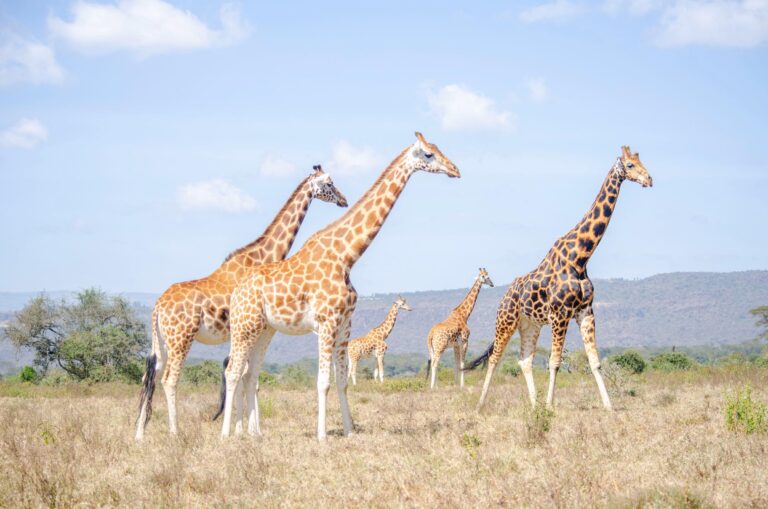Mount Kenya is a majestic destination for adventurers seeking breathtaking landscapes, diverse ecosystems, and an exhilarating climbing experience. As Africa’s second-highest peak, it offers a unique blend of challenges and rewards for climbers of all levels. In this article, we’ll explore the details of Mount Kenya climbing tours, covering essential topics such as hiking prices, climbing packages, hiking distances, routes, and the famous three peaks of Mount Kenya.
Table of Contents
Mount Kenya Hike Price
The cost of climbing Mount Kenya varies depending on factors like the route, duration, guide services, and the number of participants. Below is a general breakdown of prices:
| Category | Cost (Per Person) | Details |
| Park Fees | $52/day (Non-residents) | Entrance fee to Mount Kenya National Park. |
| Guides and Porters | $30–$50/day (per guide/porter) | Essential for navigation and support. |
| Camping Fees | $15–$20/day | For overnight stays at designated campsites. |
| Full Package Tours | $800–$1,500 | Includes park fees, guides, meals, and equipment for 3–5 days. |
Prices may fluctuate depending on group size, route, and any additional services such as equipment rental or transport to the trailhead.
🏞️ Ready to Conquer New Heights? 🏔️
🚀 Join Joe Photography and Safaris for thrilling hiking adventures across Kenya! Meet new friends, explore breathtaking trails, and create unforgettable memories. 🌿✨
🎒 Join Our Hiking WhatsApp Group 🚀Hikes. Adventures. Friendships. Memories. 🌍
Climbing Mount Kenia Packages
Various climbing packages cater to different preferences and experience levels. Here’s a summary of the most common options:
| Package | Duration | Features | Price Range |
| Day Hikes | 1 Day | Suitable for casual hikers. Includes a scenic trek on lower slopes, wildlife spotting, and forest walks. | $50–$100 |
| 3-Day Summit Trek | 3 Days | Ideal for climbers aiming for Point Lenana. Includes guided ascent, accommodation, and meals. | $800–$1,200 |
| 5-Day Full Ascent | 5 Days | Comprehensive climb to enjoy the scenery and adjust to the altitude. Covers all routes. | $1,200–$1,500 |
| Customized Tours | Flexible | Tailored experiences for photography, wildlife observation, or specific group requirements. | Varies |
Mount Kenya Hike Distance
The distance covered during a Mount Kenya climb depends on the chosen route. Below is an overview of approximate distances:
| Route | Round-Trip Distance | Features |
| Sirimon Route | 42 km | Scenic route with gradual ascent, ideal for beginners. |
| Naro Moru Route | 27 km | Shortest but steepest route, suitable for experienced climbers. |
| Chogoria Route | 50 km | Most picturesque route, featuring waterfalls and pristine landscapes. |
| Burguret Route | 38 km | Remote and less crowded, ideal for adventure seekers. |
Mount Kenya Climbing Routes
Mount Kenya has several climbing routes, each offering a distinct experience:
1. Sirimon Route
- Highlights: Begins from the northern side, featuring gradual slopes and stunning views.
- Difficulty: Moderate, suitable for beginners.
- Camps: Old Moses Camp, Shipton’s Camp.
- Best For: Acclimatization and first-time climbers.
2. Naro Moru Route
- Highlights: Popular and direct route to Point Lenana.
- Difficulty: Challenging due to steep sections like the “Vertical Bog.”
- Camps: Met Station, Mackinder’s Camp.
- Best For: Climbers seeking a fast ascent.
3. Chogoria Route
- Highlights: Offers the most scenic ascent with lush forests and dramatic landscapes.
- Difficulty: Moderate but longer.
- Camps: Meru Mount Kenya Lodge, Mintos Camp.
- Best For: Photographers and nature lovers.
4. Burguret Route
- Highlights: Remote and less traveled, ideal for solitude and adventure.
- Difficulty: High, requires navigation skills.
- Camps: Elephant Camp, Giant Bamboo Camp.
- Best For: Experienced hikers looking for a challenge.
The Three Peaks of Mount Kenya
Mount Kenya boasts three main peaks, each with its own allure:
| Peak | Elevation | Difficulty | Notable Features |
| Batian | 5,199 meters | Technical (Rock Climbing) | Highest peak, requires technical climbing skills and equipment. |
| Nelion | 5,188 meters | Technical (Rock Climbing) | Slightly lower than Batian, with challenging ascents and incredible views. |
| Point Lenana | 4,985 meters | Non-technical (Trekking) | Most accessible peak, popular with trekkers aiming for the summit. |
For most climbers, Point Lenana is the ultimate goal, while Batian and Nelion attract experienced technical climbers.
How Does Mount Kenya Compare to Other Mountains in Feet?
| Mountain | Location | Height in Feet | Ranking in Africa |
| Mount Kilimanjaro | Tanzania | 19,341 | 1st |
| Mount Kenya | Kenya | 17,057 | 2nd |
| Mount Stanley | Uganda/Congo | 16,763 | 3rd |
Mount Kenya’s towering height places it firmly among the tallest and most significant mountains on the African continent.
Why Choose Mount Kenya for Your Adventure?
- Diverse Ecosystems: From lush rainforests to alpine meadows and glaciers, Mount Kenya’s landscapes are stunningly diverse.
- Wildlife Encounters: Spot elephants, colobus monkeys, and unique bird species along your trek.
- Cultural Experience: Learn about the traditions of the Kikuyu and other local communities who hold the mountain sacred.
- Unparalleled Scenery: Panoramic views, rugged peaks, and pristine wilderness make every step worth it.
Planning Your Mount Kenya Climbing Tour
When preparing for your adventure, consider the following tips:
- Fitness Level: Ensure you are in good physical condition to handle the altitude and varying terrains.
- Gear: Essential items include sturdy hiking boots, warm clothing, a sleeping bag, and trekking poles.
- Weather: The best time to climb is during the dry seasons (January to February and June to September).
- Acclimatization: Take time to acclimatize to the altitude to avoid altitude sickness.
- Guides and Porters: Hiring experienced guides ensures safety and enhances your climbing experience.
Mount Kenya offers a once-in-a-lifetime adventure for hikers, photographers, and nature enthusiasts. Whether you’re scaling the heights of Point Lenana or simply soaking in the beauty of its landscapes, this iconic mountain promises memories that will last a lifetime. Start planning your Mount Kenya climbing tour today, and embark on an unforgettable journey into the heart of Kenya’s wilderness.
Why Does Mount Kenya’s Height Attract Climbers?
Mount Kenya offers an unparalleled climbing experience for adventurers of all levels:
Technical Climbs
The towering heights of Batian and Nelion are ideal for experienced climbers seeking technical rock-climbing challenges.
Trekking Opportunities
Point Lenana, the third-highest peak, is accessible to trekkers without requiring advanced climbing skills. It provides a rewarding challenge and stunning vistas from its summit.
Breathtaking Views
From any of its peaks, climbers are treated to panoramic views of the Kenyan countryside, neighboring Mount Kilimanjaro, and even the Indian Ocean on clear days.
FAQs on Mt. Kenya Climbing Tour
What is the best time to climb Mount Kenya?
The best time to climb Mount Kenya is during the dry seasons:
January to February: Warm weather and clear skies make this period ideal for climbing.
June to September: Cooler temperatures but fewer chances of rain, providing excellent climbing conditions.
Avoid the rainy seasons (March to May and October to December), as the trails can be slippery and the weather unpredictable.
How much does a Mount Kenya climbing tour cost?
The cost of a Mount Kenya climbing tour depends on several factors, such as the route chosen, duration, and additional services like guides and porters. On average:
Budget tours: $400–$700 for a 3- to 5-day trek.
Mid-range tours: $800–$1,500 with added comfort and services.
Luxury tours: $1,500+ with premium services, private guides, and high-end accommodations.
Always confirm what the package includes (e.g., park fees, meals, and equipment rentals).
What are the main climbing routes on Mount Kenya?
Mount Kenya offers several routes, each catering to different experience levels:
Sirimon Route: Popular and beginner-friendly with gradual ascents.
Chogoria Route: Scenic but slightly more challenging.
Naro Moru Route: The shortest and steepest route, suitable for experienced climbers.
Burguret Route: Remote and less-traveled, ideal for adventure seekers.
Many climbers combine routes (e.g., Sirimon for ascent and Chogoria for descent) for a diverse experience.
Do I need prior experience to climb Mount Kenya?
It depends on the peak you aim to conquer:
Point Lenana (16,355 feet): Requires no technical climbing experience. It is suitable for fit individuals with some trekking experience.
Batian (17,057 feet) and Nelion (17,021 feet): These peaks demand advanced rock-climbing skills, technical gear, and prior mountaineering experience.
For beginners, proper physical preparation and acclimatization are essential to ensure a safe and enjoyable climb.
How long does it take to climb Mount Kenya?
The duration depends on the route and peak chosen:
Point Lenana: Typically 3 to 5 days, including acclimatization.
Batian and Nelion: 5 to 7 days, as they require technical climbing and more time.
Shorter treks can be arranged, but adequate acclimatization is critical to avoid altitude sickness and increase your chances of reaching the summit.
Must Read:




